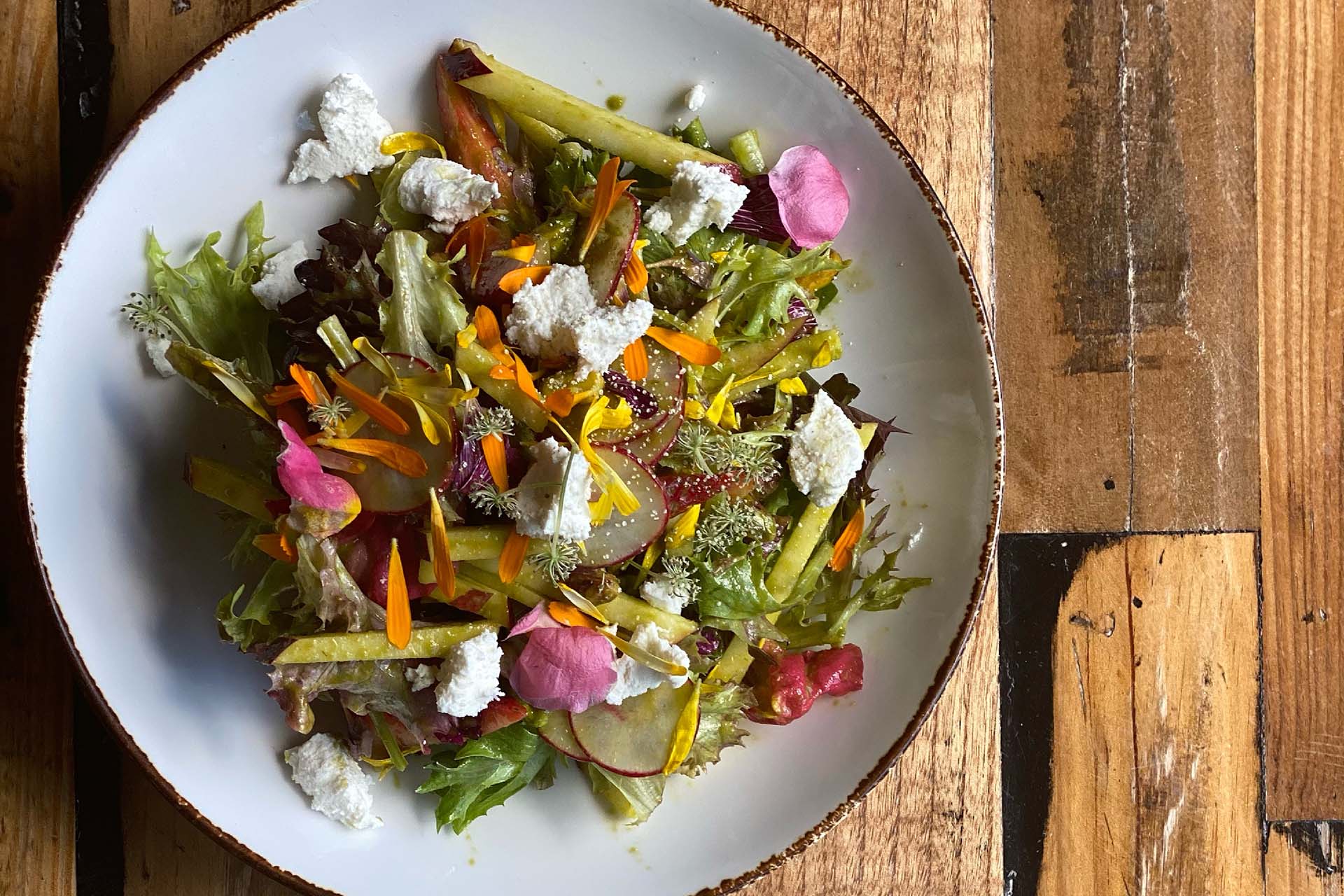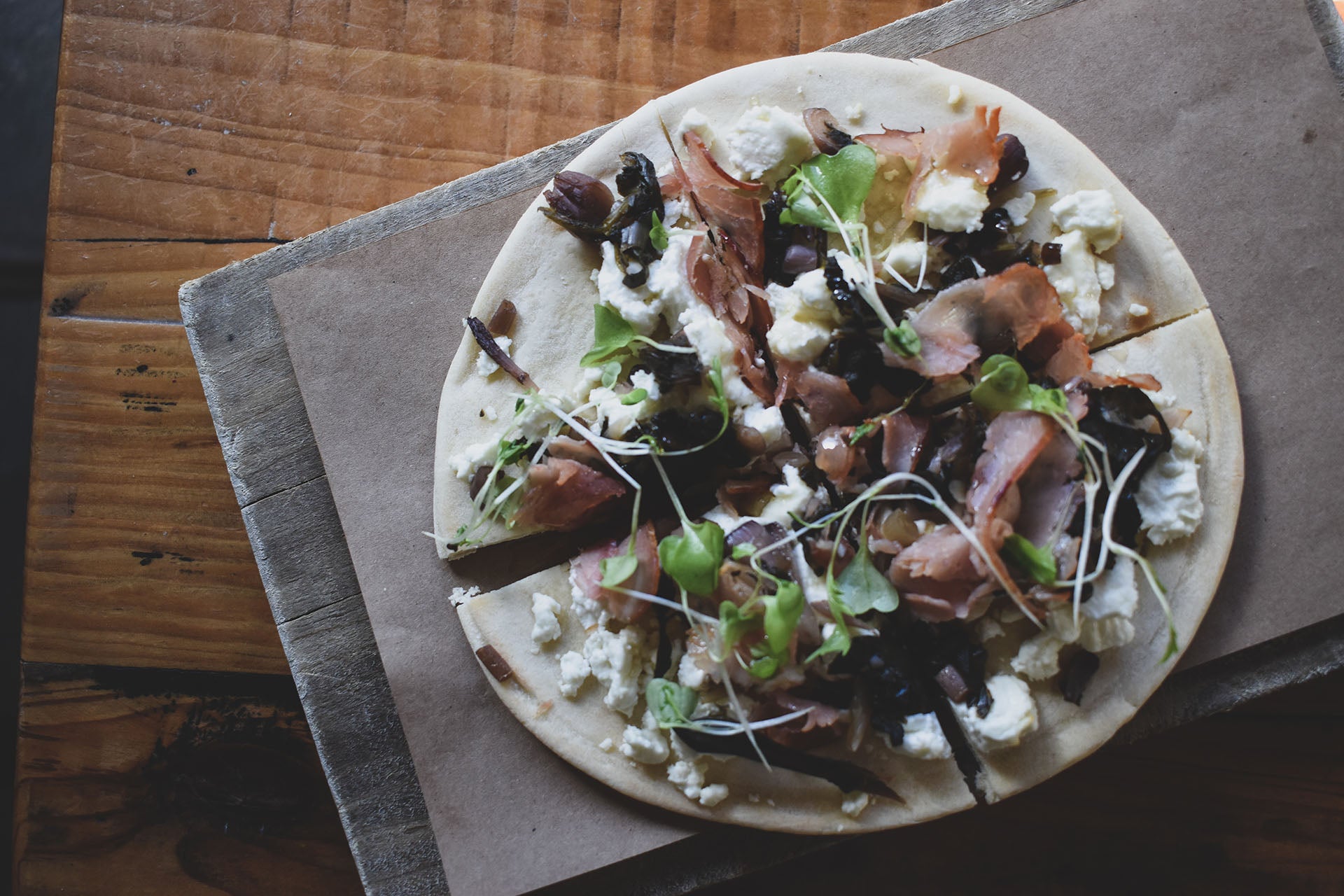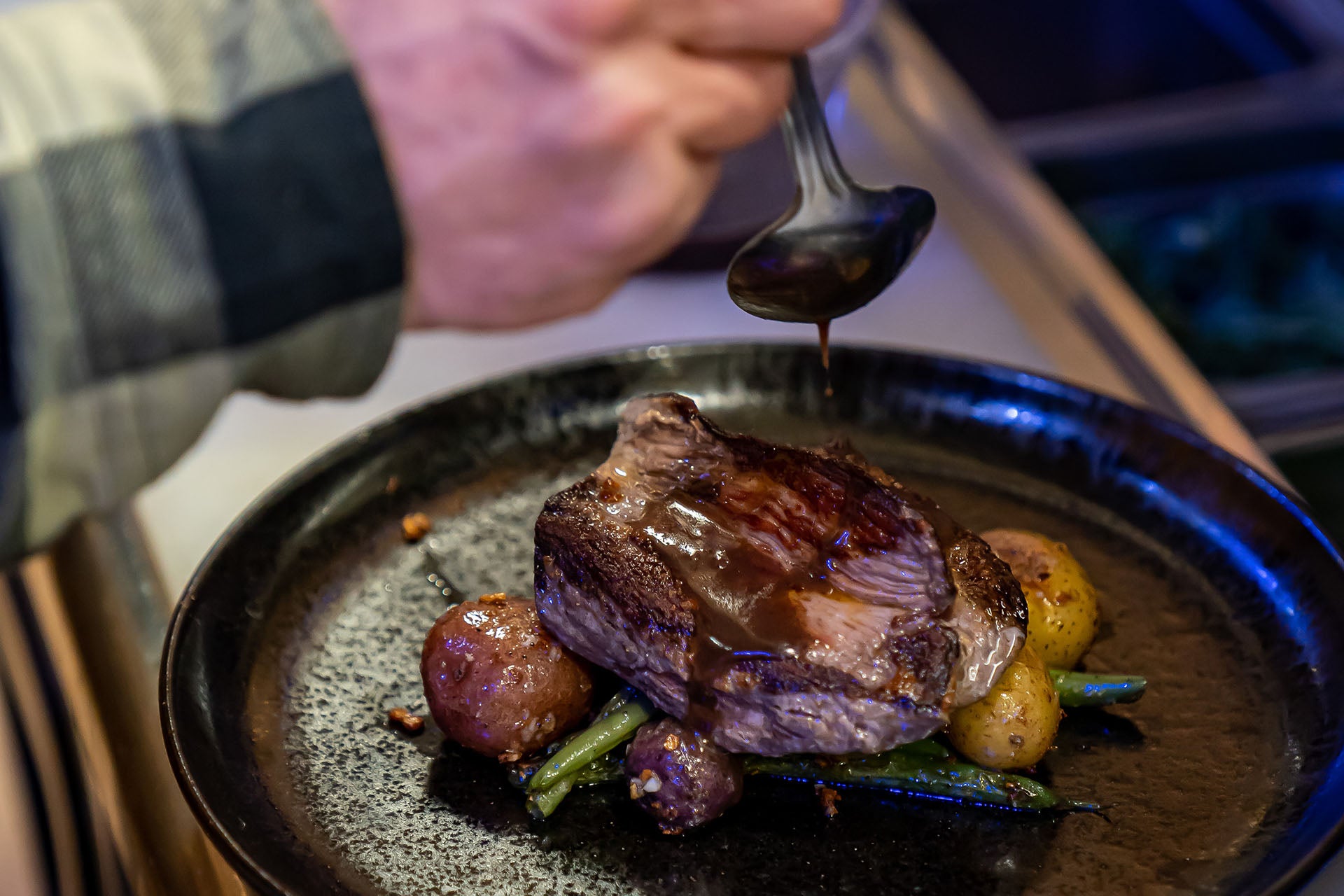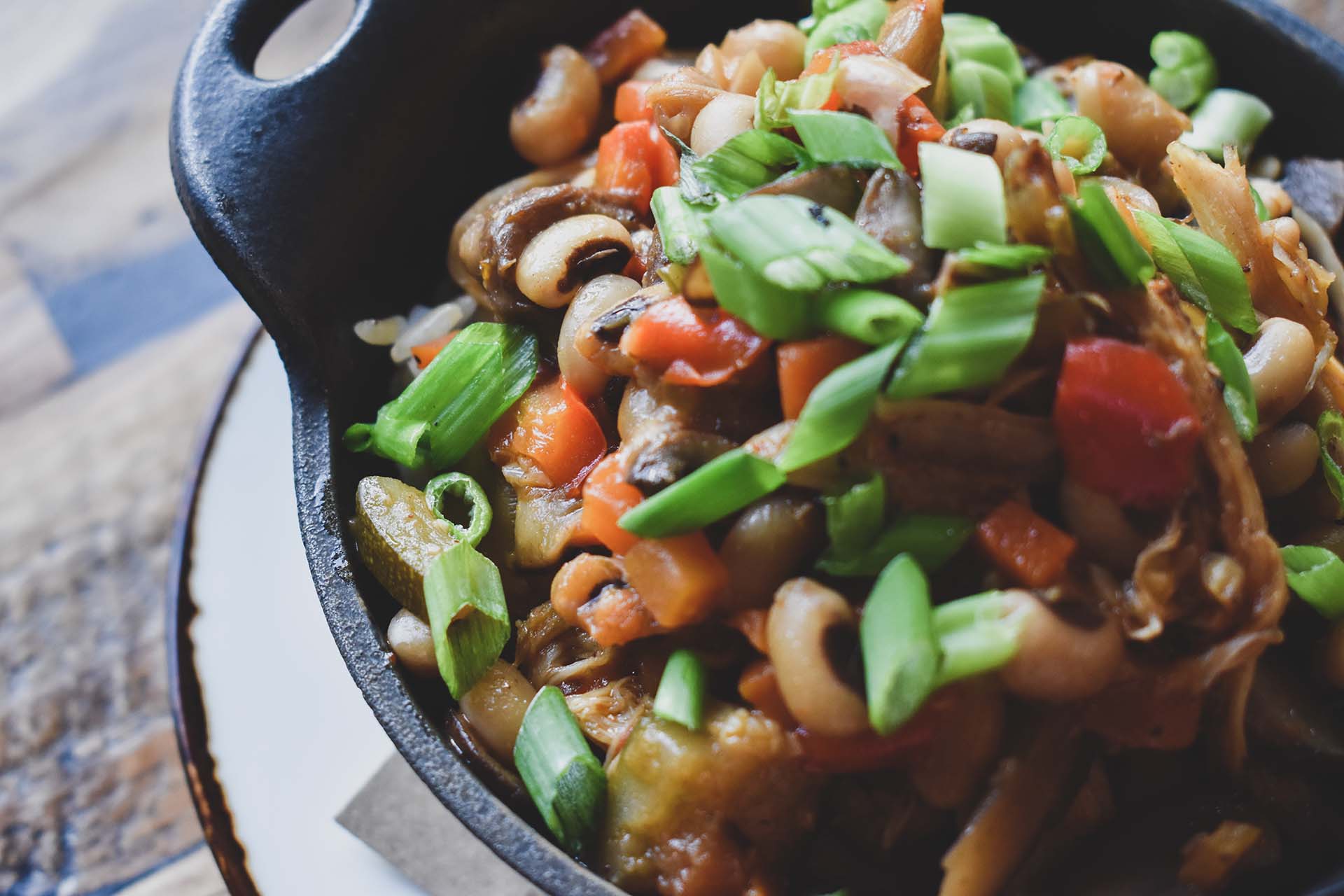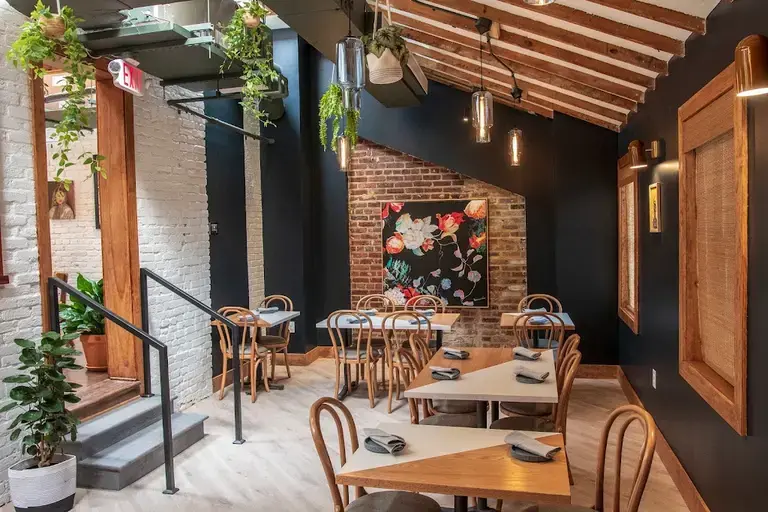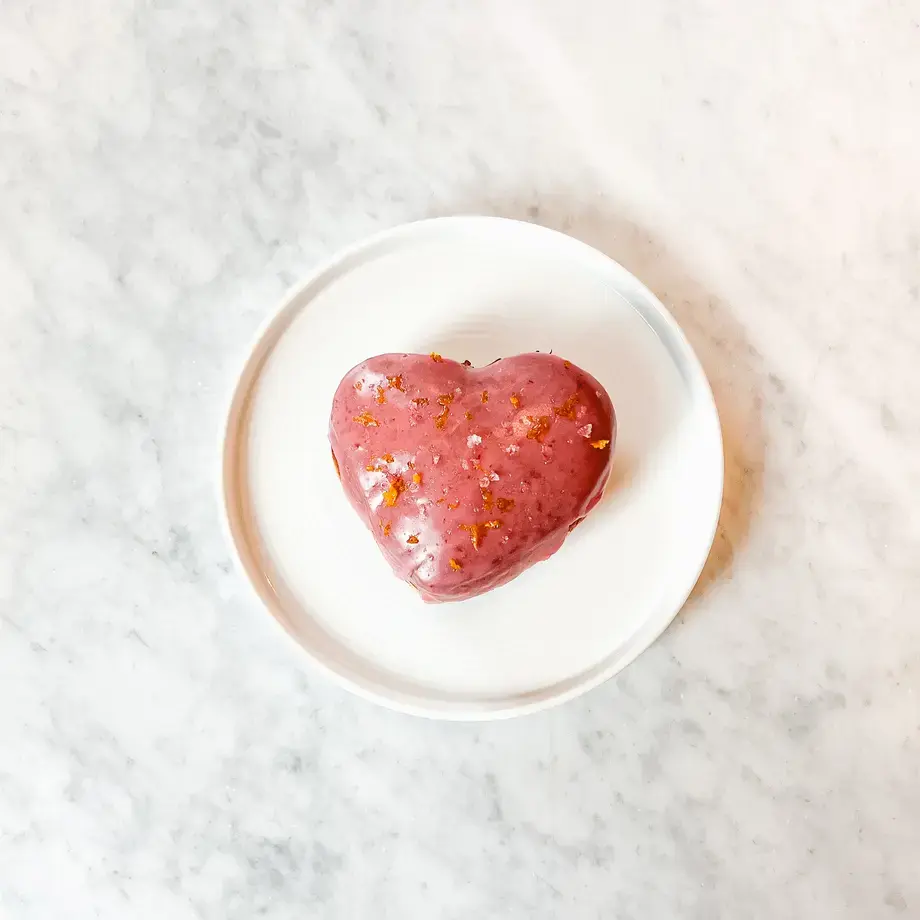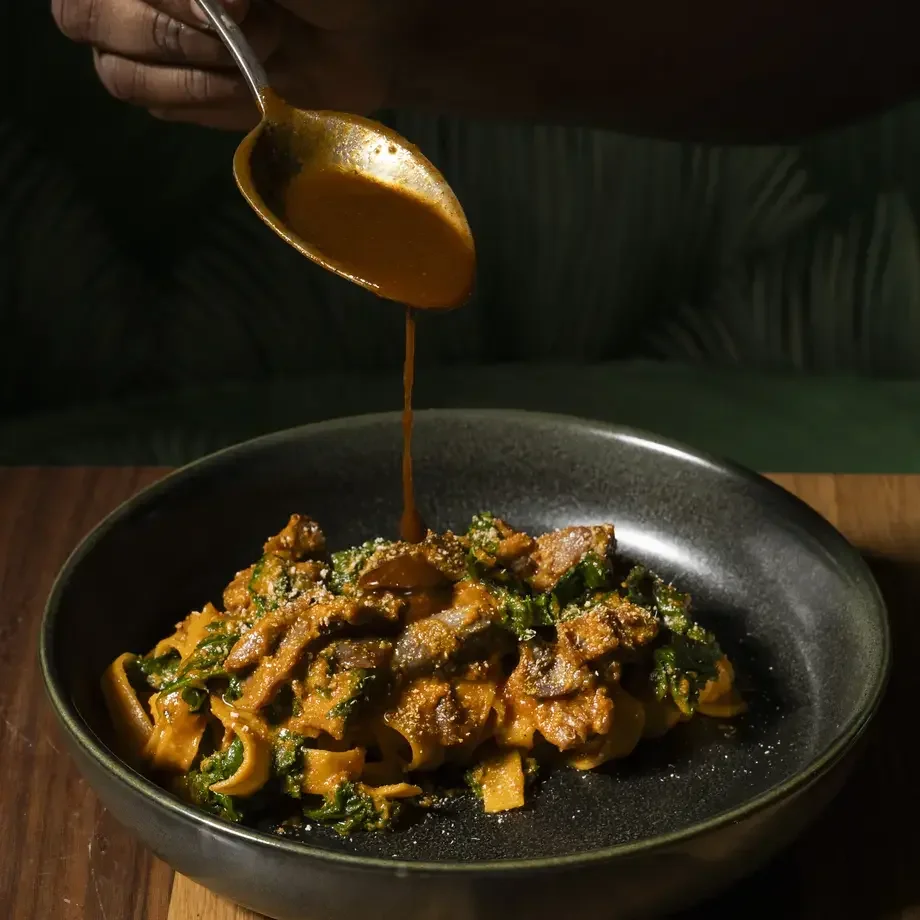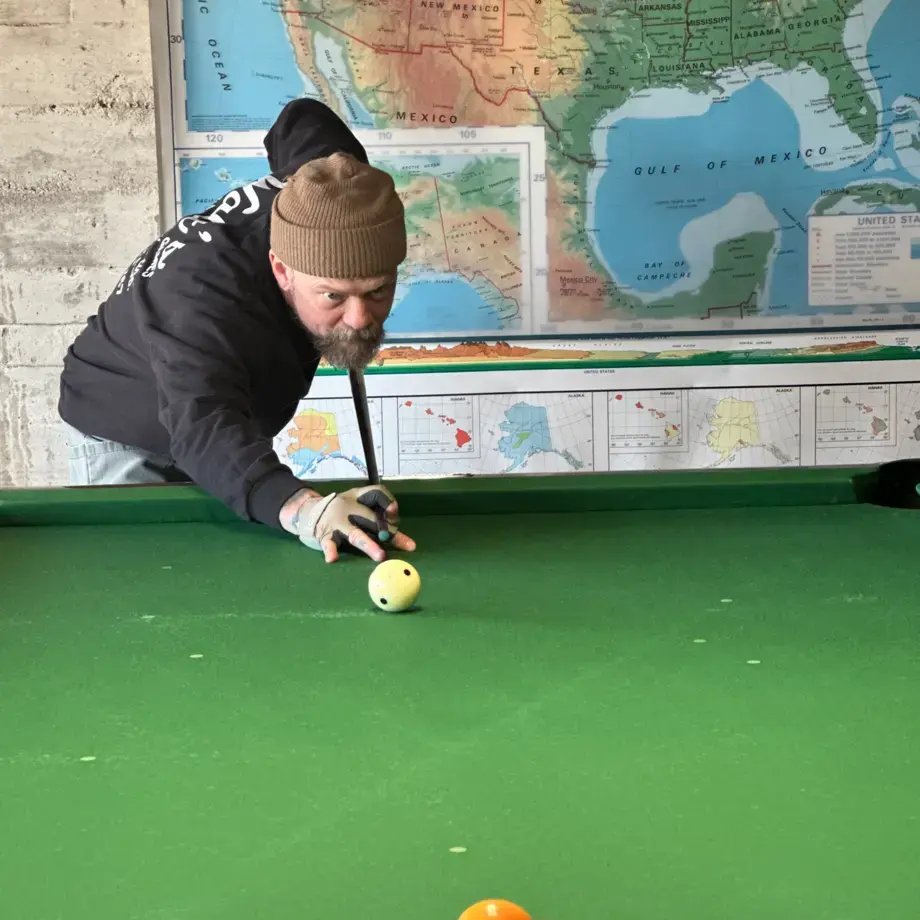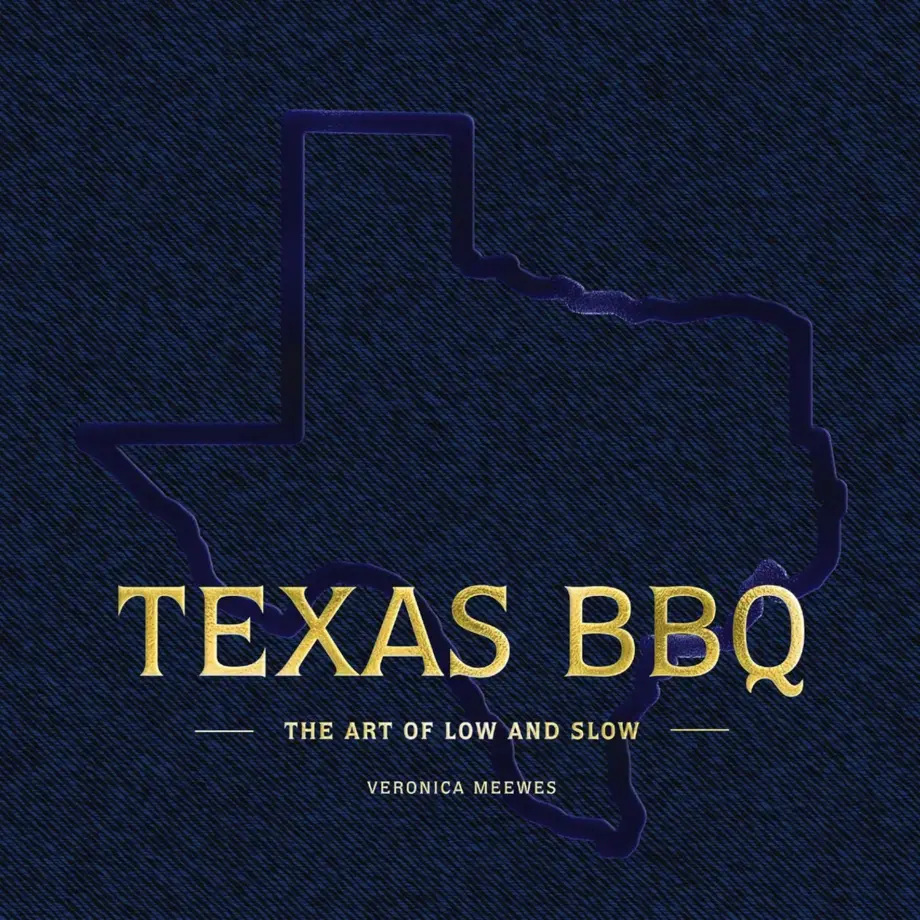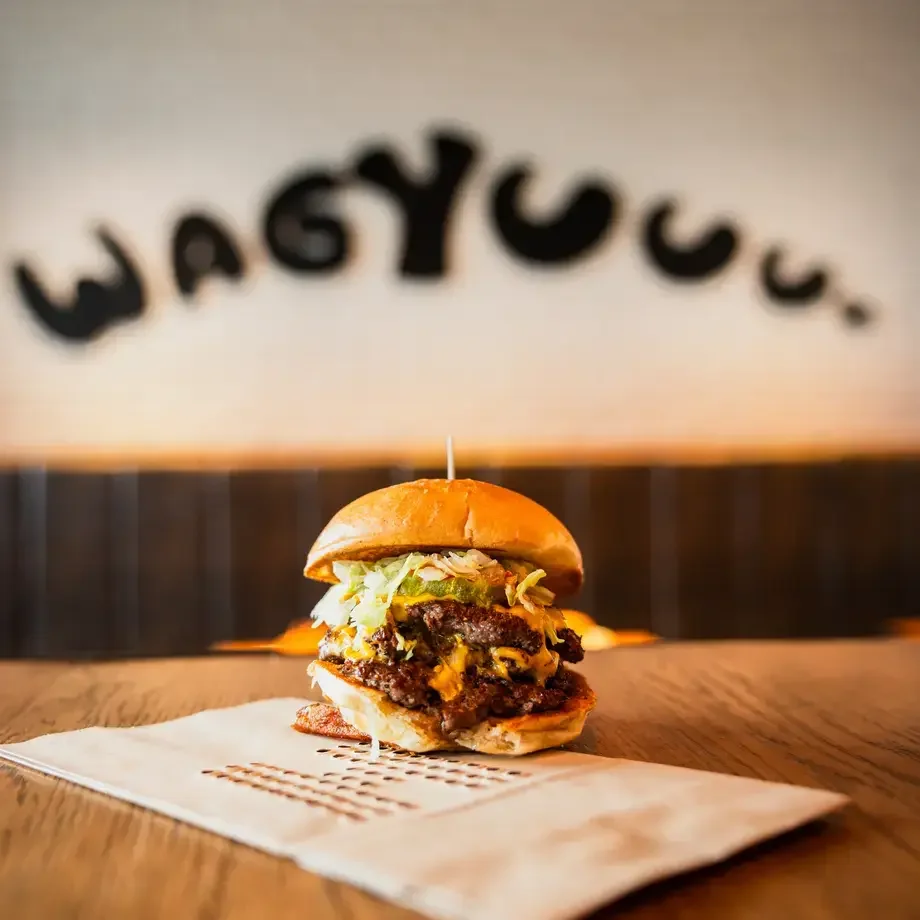He’s seen people there cook small game, such as squirrel, possum and rabbit. And it wasn’t uncommon for families to get their eggs from a few of their chickens and kill one of the chickens every now and then for food.
Rabin selected wild boar for the tavern because all of the ingredients he prepares with it are indigenous to the region and the dish fits in with his efforts to elevate traditional dishes from Appalachia.
He launched the venison burger to capitalise on the popularity of the tavern’s venison steak.
“With the season changing, I wanted to do something with venison and then I thought about it and, technically, yes, venison hunting season is over, but if you were a hunter and you had venison, you would have already eaten all your prime cuts,” Rabin explained. “What you have left is sausages and ground meat — what you would probably eat if you ever hunted.”
Every so often, he’ll add what he calls a “wild card” dish to the mix. This season, it’s a braised pork belly appetiser. Rabin serves it with apple miso puree, pickled mustard seeds and charred kale.
“Miso’s not common in Appalachia, let’s be real,” Rabin says. “But apple butter is. Pickling things are. Braising things and curing things are. So add a little flair, elevate it.”
He studied sustainability at the now-closed New England Culinary Institute in Vermont, and learned first-hand from his wife and her family about Appalachian food culture — namely, that nothing goes to waste. He incorporates that knowledge at the tavern and sources 90 percent of its food from Virginia farms. Pickling and preserving also figures prominently at the tavern.
The outside world has taken notice. In 2019, the tavern earned a Snail Food’s Snail of Approval, a designation that recognises restaurants centred on ethical and local ingredients. Rabin puts more of a premium on the basics.
“Don’t get me wrong, I would love to get more awards and more notoriety and all that stuff,” he said. “But at the end of the day, if I can’t cook the food or get my staff and I to cook the food consistently and correctly and really have the vision that we share onto the plate and make it obvious to our guests, then it doesn’t matter how many awards you’ve got.”


